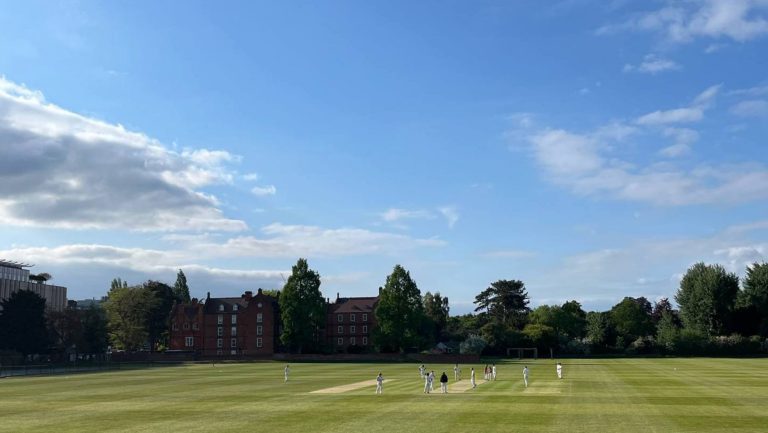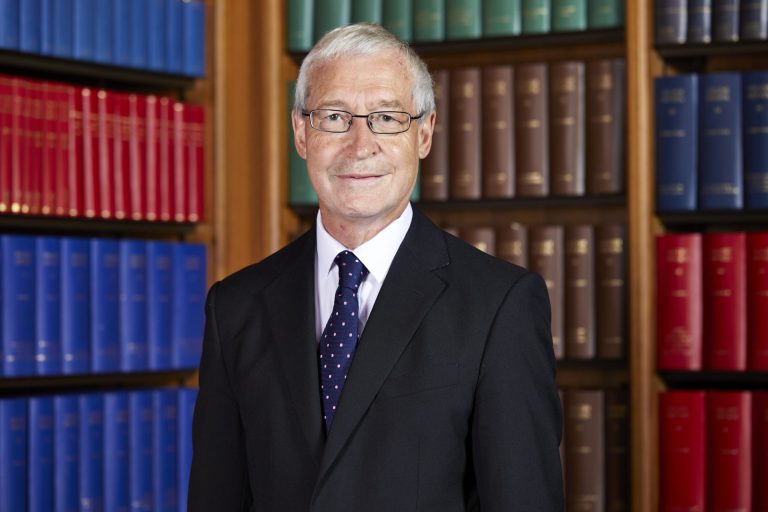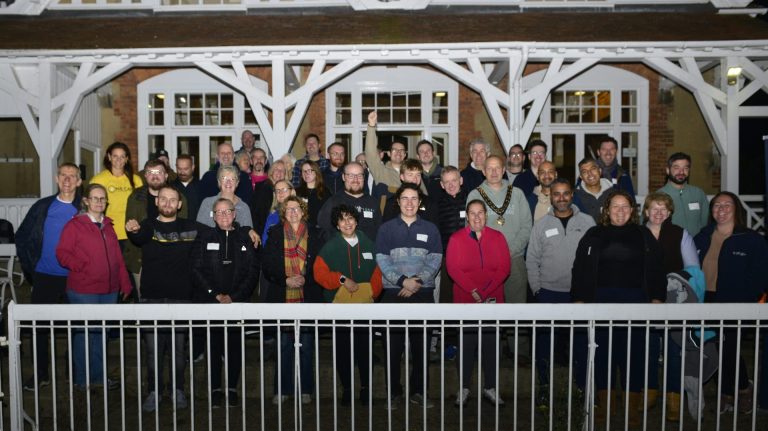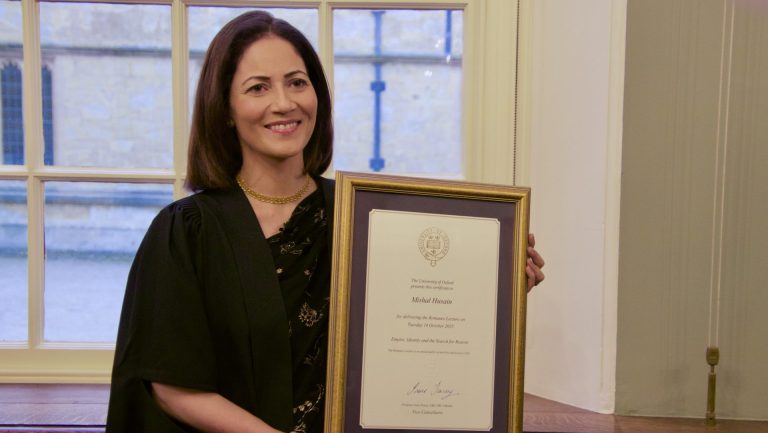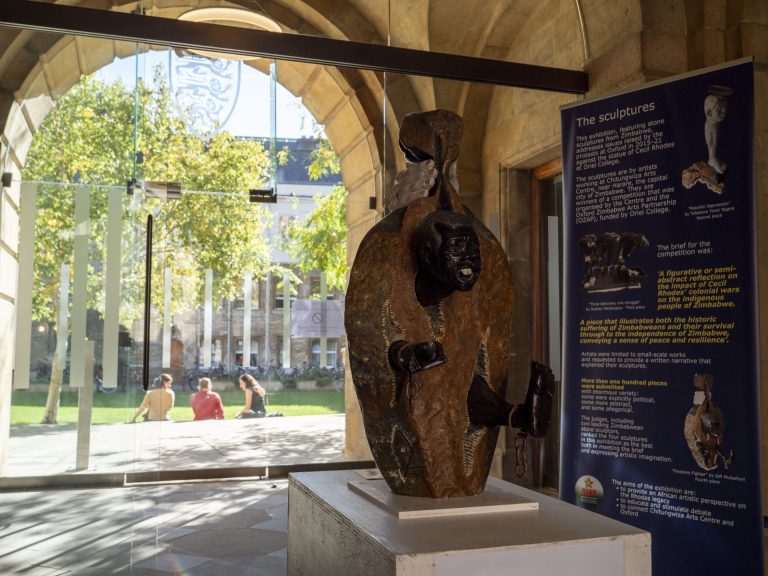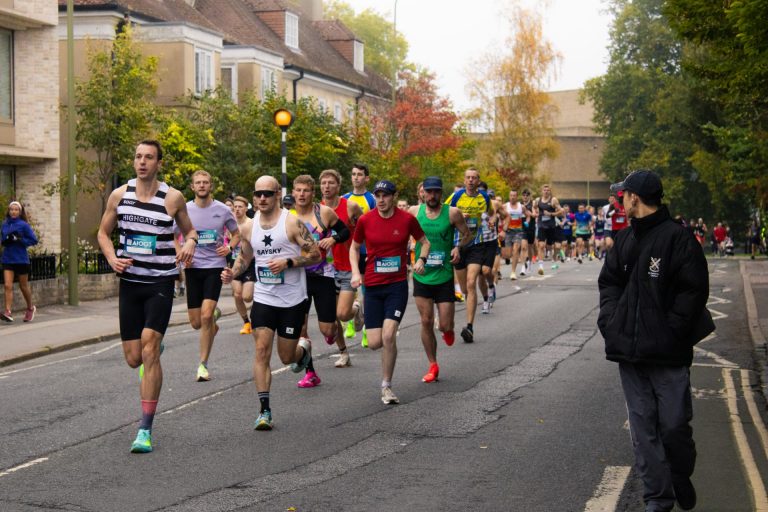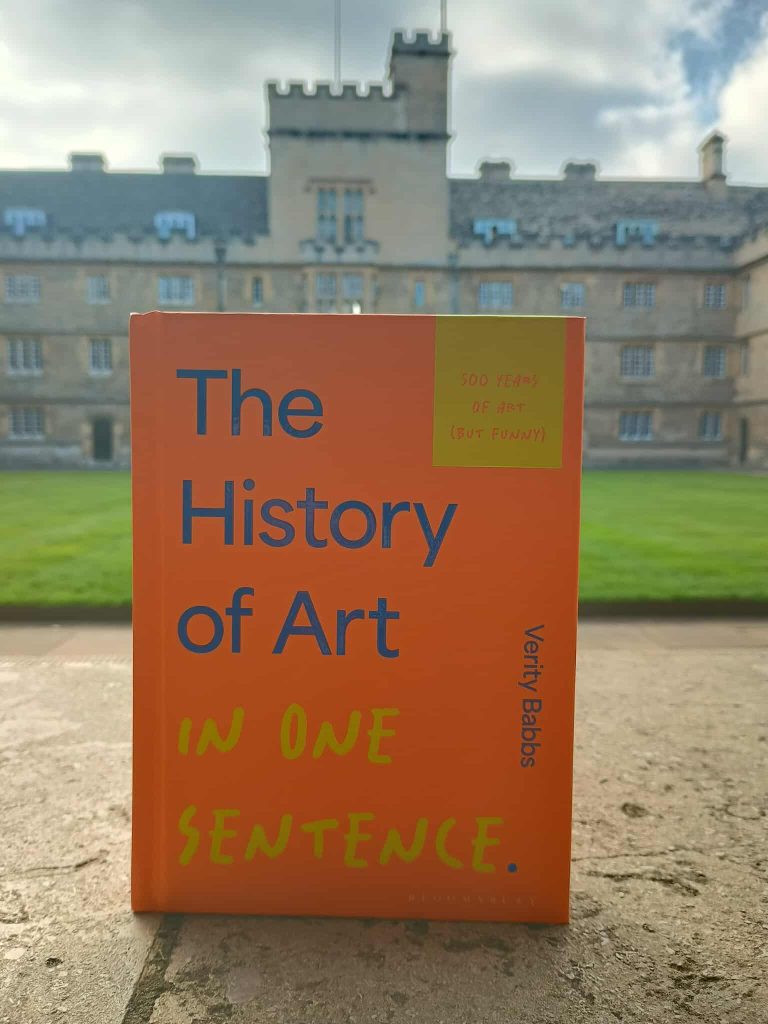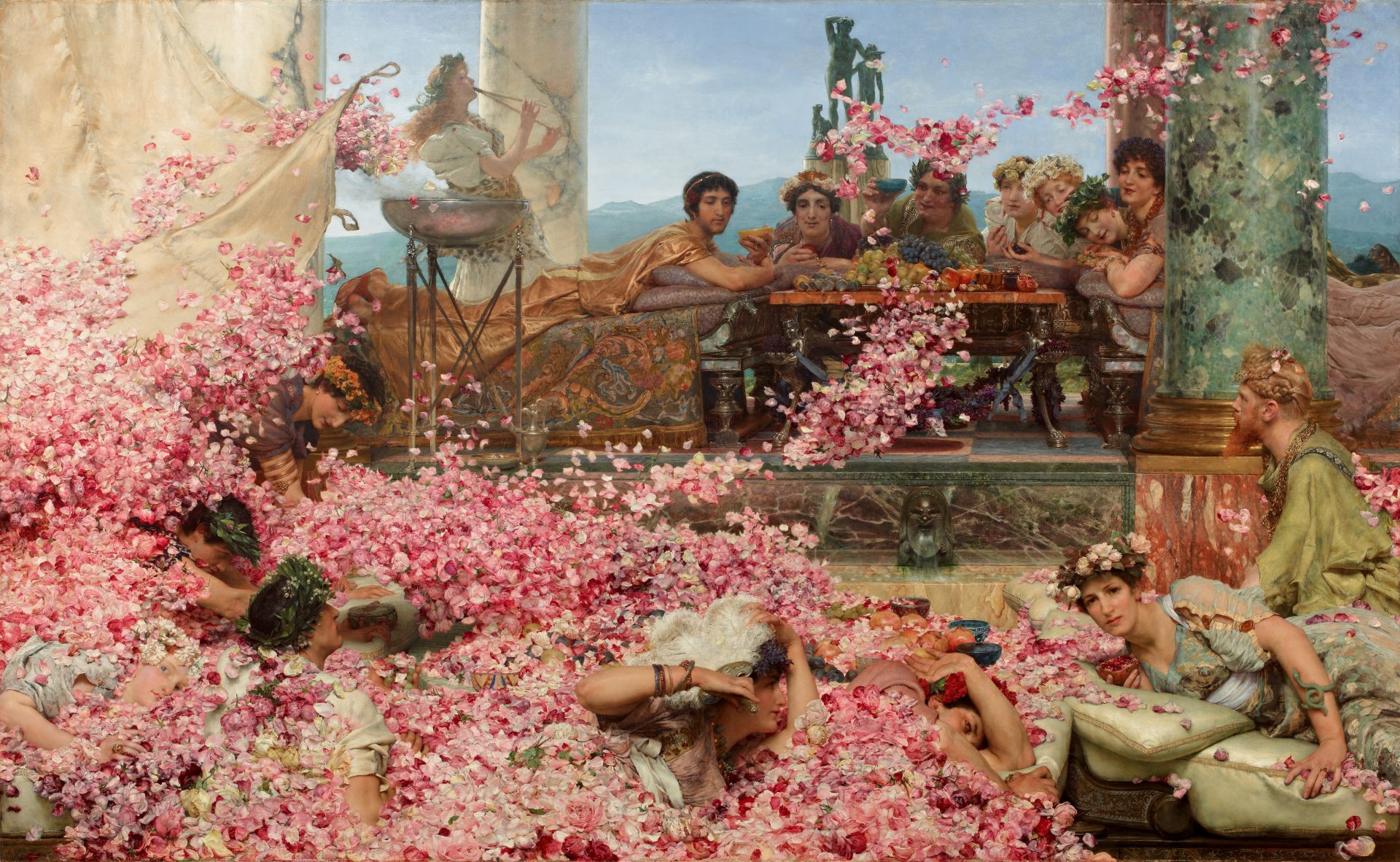As summer draws to a close and we all arrive in Oxford ready for the start of Michaelmas term, spare a thought for the country’s club cricketers who are mourning the end of another British summer and, with it, the cricketing season. It will be a long six months of winter training before the country’s many cricket pitches are once again graced with the sound of leather on willow.
Many (some) of us will be at a loss for what to do with this new-found free time with a gaping seven-hour hole now left in our Saturdays. There is, of course, no alternative left but to ponder just what it is that makes club cricket so great. There is something uniquely wonderful about club cricket in particular, that even other forms of cricket, at least in my experience, have not quite captured.
Having played both college and university cricket (admittedly for the mighty Elusives rather than anything close to a Blues standard), I can say for definite neither have quite brought the same pleasure that I have found playing for my home club in Liverpool. That is not to say that I haven’t enjoyed both greatly: winning Varsity two years ago and a plucky University College Cuppers run last year are both incredibly fond memories. However, nothing has come close to the joy elicited by a successful year for my club.
This suggests that the allure at the heart of club cricket is not entirely due to the sport itself. So perhaps some of the pleasure lies in the bonds forged by the longer season and greater volume of time spent with teammates. The short Oxford term doesn’t exactly provide a huge window to develop relationships, and a week or two of bad weather can quickly wipe out a big portion of scheduled matches. There is also inevitably a rotating cast of characters in college and university teams as people graduate and freshers arrive, compared to the club scene where you can hear first-hand accounts of matches direct from those playing decades prior.
For all the diversity that may be found in Oxford students, they do remain largely homogenous in terms of age. The vast majority of students in sports clubs are in their late teens or twenties, with the occasional older postgraduate bringing more experience to the field. Contrastingly, cricket teams at clubs across the country will have players as young as 11 or 12 sharing the pitch with seasoned veterans 50 or 60 years their senior. Personally, some of the very best players I’ve had the privilege of playing with have wicket totals numbering in the thousands and have continued to take five-wicket hauls into their 70s.
The broad age range of club cricketers leads to the formation of some very unlikely partnerships, and even regularly allows multiple generations of a family to share the pitch. In the narrower age range of participants, college and university cricket loses something enriching that club cricket provides. The continued enjoyment and success of Old Boys games at many of Oxford’s colleges show what a great vehicle for intergenerational connection cricket can be.
There is also something to be said for the format in which cricket is played. Almost all college games and a large number of university games are the shortened Twenty20 version of the sport. These sharp encounters are obviously much more accommodating to a busy student schedule – but there is also something lost from the longer Saturday formats played at clubs across the country. Longer styles of the sport can ebb and flow, with momentum swinging from one team to another over the course of an entire afternoon. This produces tension of the highest order and often leads to dramatic moments of both triumph and misery.
The outcome of a Second XI league cricket match played in the dog days of August may matter exceedingly little to all but the twenty-two players involved, but for those individuals it can feel like there has never been anything as important as the next ball to be bowled. A single run can simultaneously bring jubilation and agony. This prolonged intensity, repeated time and time again over long afternoons that stretch out over long summers, is a rare phenomenon indeed. As joyful as cricket can be in all of its many forms, from street to college to international cricket on tv, it is club cricket that I shall continue to cherish above all else.


